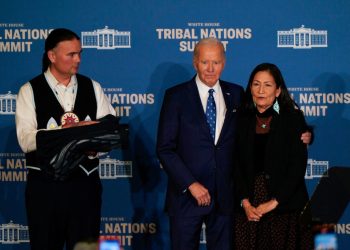
Two dozen massage schools with connections to prostitution or fraud, or sometimes both. And regulators who know about the problem, but lack the authority to act.
Those were the findings from a USA TODAY investigation last week focused on the role massage schools play in funneling licensed workers to illicit sex spas.
These institutions often operate in plain sight, in office parks or commercial strips, but regulators say they’re difficult to identify. And prosecuting sex trafficking is challenging because it can rely on the willingness of immigrant women to admit they were forced to engage in sex acts.
So it’s often a seemingly insignificant detail, like exam answers hidden in a boot or a forged signature on official school documents, that prompts action. Local massage boards monitoring their licensure data are often the ones who uncover suspicious schools, USA TODAY found.
Read the full investigation:Massage schools across the US are suspected of ties to prostitution and selling fake diplomas. Many remain open.
“We have seen substantial evidence that indicates that human traffickers try to use fraudulent schools to support their operations,” said Ahmos Netanel, the CEO of the California Massage Therapy Council, “specifically in the form of either purchasing diplomas or enrolling their victims in schools that do not provide the education they claim they actually provide.”
Here’s a look at some of the investigation’s key findings.



























































